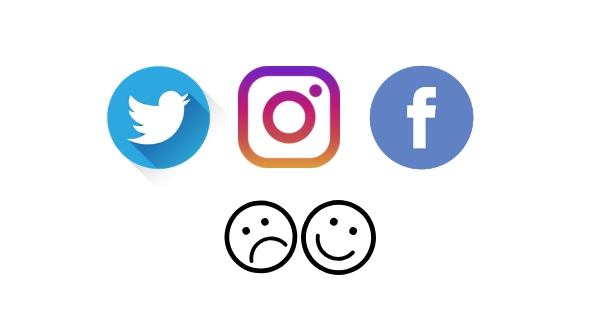CLARK FREEPORT – Now this is the first scientific study showing “causal” link between our moods and the use of Facebook and other social media such as Instagram and Snapchat.
In its advanced issue for this December, the Journal of Social and Clinical Psychology cited a study done by psychologists from the University of Pennsylvania that established a causal link between time spent on social media and depression and loneliness.
It noted that half of Americans in the US feel lonely, and that this is because of their frequent use of social media.
The study found out that those who drastically cut back their use of social media sites showed improvement on their moods and how they felt about their lives.
“It was striking,” said Melissa Hunt, psychology professor at University of Pennsylvania, who led the study.
“What we found over the course of three weeks was that rates of depression and loneliness went down significantly for people who limited their (social media) use.”
Many of those who began the study with moderate clinical depression finished just a few weeks later with very mild symptoms, she noted.
The study, titled “No More FOMO: Limiting Social Media Decreases Loneliness and Depression,” was conducted by psychologists Melissa Hunt, Rachel Marx, Courtney Lipson and Jordyn Young.
For the study, Hunt and her team studied 143 undergraduates at the University of Pennsylvania over a number of weeks. They tested their mood and sense of well-being using seven different established scales.
Half of the participants carried on using social media sites as normal.
The other half were restricted to ten minutes per day for each of the three sites studied: Facebook, Instagram and Snapchat, the most popular sites for the age group. (Use was tracked through regular screen shots from the participants’ phones showing battery data.)
The study found out that those who cut back on social media use saw “clinically significant” falls in depression and in loneliness over the course of the study. Their rates of both measures fell sharply, while those among the so called “control” group, who did not change their behavior, saw no improvement.
This isn’t the first study to find a link between social media use, on the one hand, and depression and loneliness on the other. But previous studies have mainly just shown there is a correlation, and the researchers allege that this shows a “causal connection.”





